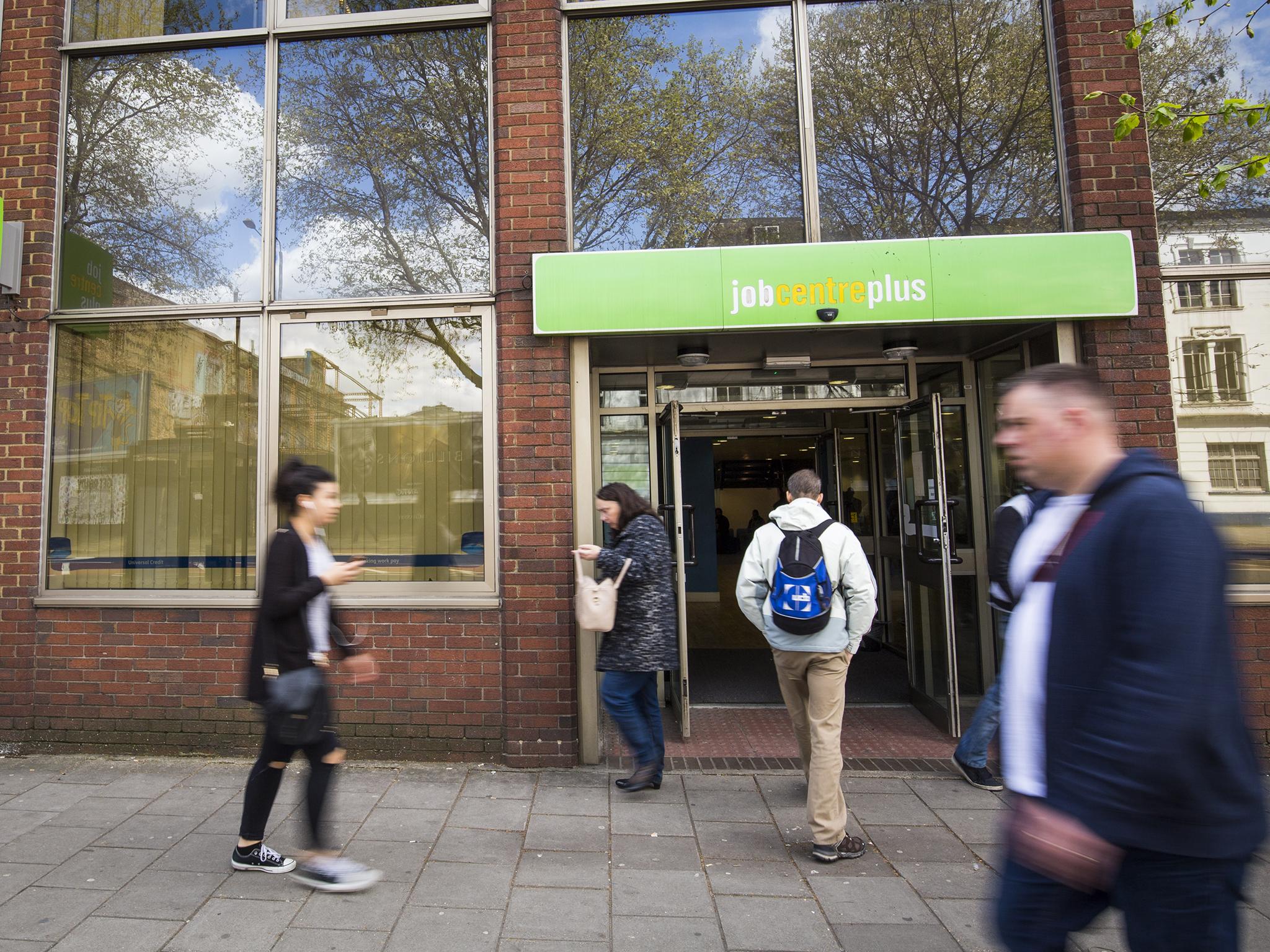Universal credit: Single mothers take government to court over controversial welfare reform
High Court to hear how women have been forced to turn down promotions and use food banks after being moved onto new benefit system

Your support helps us to tell the story
From reproductive rights to climate change to Big Tech, The Independent is on the ground when the story is developing. Whether it's investigating the financials of Elon Musk's pro-Trump PAC or producing our latest documentary, 'The A Word', which shines a light on the American women fighting for reproductive rights, we know how important it is to parse out the facts from the messaging.
At such a critical moment in US history, we need reporters on the ground. Your donation allows us to keep sending journalists to speak to both sides of the story.
The Independent is trusted by Americans across the entire political spectrum. And unlike many other quality news outlets, we choose not to lock Americans out of our reporting and analysis with paywalls. We believe quality journalism should be available to everyone, paid for by those who can afford it.
Your support makes all the difference.Four women are taking the government to court to argue that universal credit is leaving them worse off because it causes their income to dramatically fluctuate from month to month.
Single mother Claire Woods, 30, was forced to turn down a promotion and use a food bank after issues with the assessment period for the new benefit system made it “impossible to budget”.
Her case is being heard in the High Court on 27-28 November along with three other women. It is the second judicial review of universal credit following the High Court’s finding in June that the system was unlawfully discriminating against severely disabled people.
The former council worker fell into difficulty because her universal credit assessment period ran from the 30th of one month to the 29th of the next and she was paid by her employer on the last working day of each month, meaning she was sometimes treated as receiving two monthly wages.
This resulted in a dramatically reduced universal credit award, as some months she was recorded to have received twice the amount from income as normal, causing cash flow problems for somebody managing on a tightly balanced budget.
When Ms Woods’ contract at the county council ended, she was offered a promotion but because she couldn’t find a way round the assessment period problem, she felt unable to take it up.
Although she wanted a healthcare job that built on her degree and would move her nearer earnings that would float her off benefits, she found that the NHS and sister health organisations mostly paid at the end of the working month so she would face the same trap.
She left the council and initially took two part time jobs, and she now has one part time job.
It comes amid mounting concern over universal credit, which academics have described as a “complicated, dysfunctional and punitive” system pushing people into debt and rent arrears.
The Independent revealed last week that more than half of people denied universal credit were found to be entitled to it when their cases were investigated, prompting fresh demands for the national rollout of the new system to be halted.
Ms Woods said: “I invested £40,000 in higher education studies so that I could become an occupational therapist and it’s great that I’ve got my degree but I have had to put my career hopes on hold because of universal credit.
“I am competent managing my own finances and am someone who wants to work for professional and personal development, but the assessment period problem meant my income fluctuated so much that it was impossible to budget.
“I had to go to a food bank and I took out an advance that I am still paying back. I took two jobs – as a PA and a waitress – which I could do without the education I invested in but which had paydays which don’t clash with my assessment period. I wanted to become free of welfare through my chosen profession but universal credit is holding me back from that.”
Ms Woods’ solicitor, Carla Clarke of Child Poverty Action Group (CPAG), said: “Universal credit is promoted as a benefit that incentivises work but in practice its rigid assessment period system undercuts that claim.
“Our clients have been left repeatedly without money for family essentials simply because of the date of their paydays. One of them, for example, did her utmost to find a workaround but ultimately had to decline a promotion in a job with good prospects when her then contract came to an end just to escape the trap.”
CPAG argues that the Department for Work and Pensions’ (DWP) refusal to alter Ms Woods’ assessment period dates to avoid the problem discriminated against working parents – one of the two groups who are entitled to a work allowance – as well as being “irrational and undermining” one of the stated purposes of universal credit: to make sure that work always pays.
“This is a fundamental defect in universal credit and an injustice to hard-working parents and their children that must be put right for our clients and everyone else affected,” she added.
Join our commenting forum
Join thought-provoking conversations, follow other Independent readers and see their replies
Comments